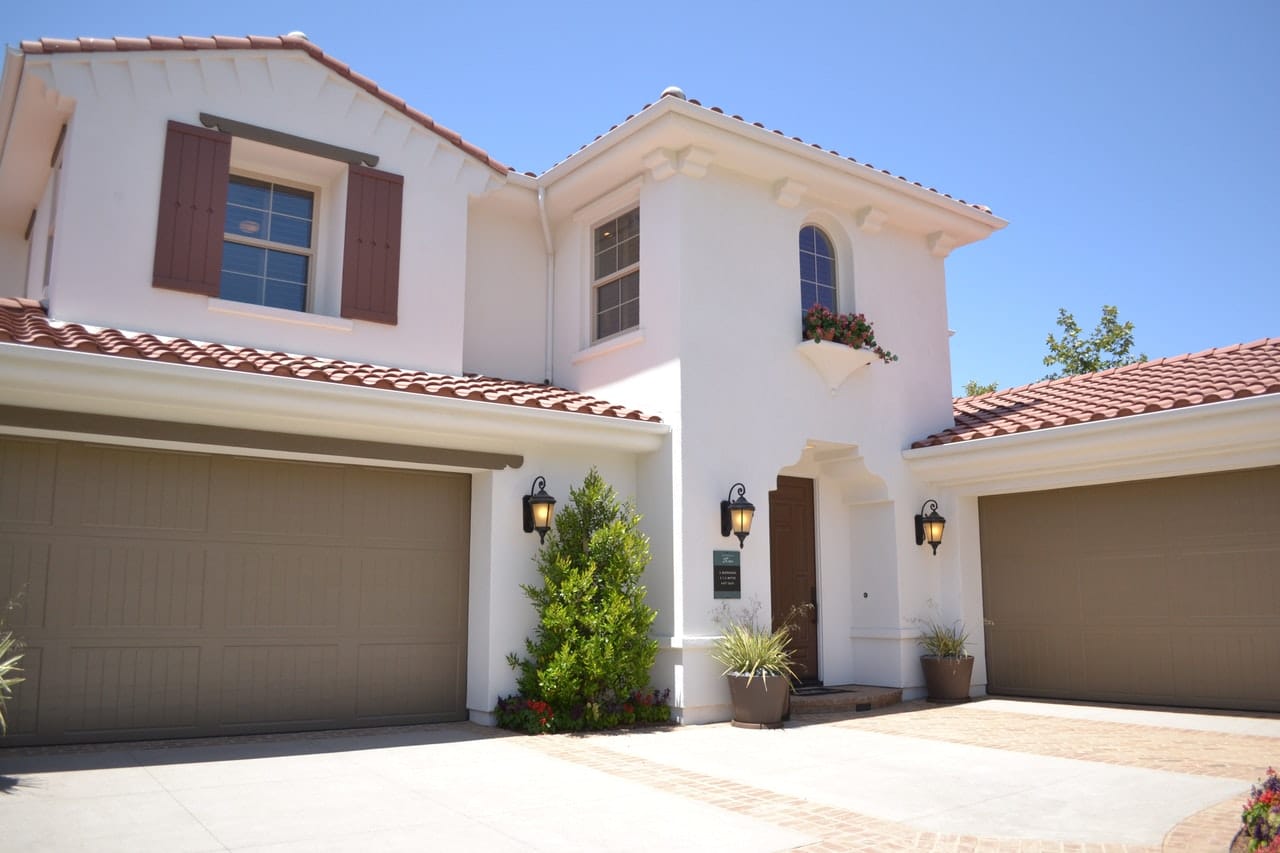When you’re planning on settling down and buying a house, the question of whether you should rent or buy property always arises. The ideal decision is one that helps you save money in the long run, which can be different for everyone depending on their credit scores, debts, and commitment to their neighborhood.
That aside, security is also another factor. Many individuals believe that buying property eliminates the risk of homelessness, where they one day won’t have to worry about paying a mortgage for a certain period of time. While this may be true in many cases, it may not be suitable for some. Here’s our guide on whether you should buy or rent a home.
IMAGE: PEXELS
Calculate The Costs
If you’re torn between both decisions, it’s always wise to start by breaking down the needed costs that come with both. For instance, renting a property will require a security deposit, as well as the first and last month’s rent. Depending on the agreement you sign with your landlord, rent may not include basic utilities, which also add up to how much you’re obligated to pay on a monthly basis.
As for homebuyers, mortgage is the biggest cost that they have to worry about, which also depends on how much they pay upfront. If a homeowner pays less than 20% upfront, the owner or the lender may require them to sign up for private mortgage insurance, which adds up to their due payments.
Browse Your Options
In some upscale neighborhoods, it would be much cheaper to rent than buy property, which may be valued at a million or more in USD, whereas you would only have to pay a thousand or two a month for the same property as a rental. This is especially convenient for youth who can share their houses with roommates, which gives them the option of splitting the rent and utility costs.
When it comes to the Tri-State region in the US, buying homes can be extremely costly, whereas renting out property is not nearly as expensive if you know where to look; you can learn more here if you’re unsure where to do your browsing. On the other hand, you should still ask the owner, whether there are any hidden expenses that you have to worry about, to avoid paying more than you can afford after signing an agreement.
Be Realistic
Some individuals may want to live in a certain neighborhood that they cannot really afford, which drives them to make unrealistic plans that compels them to cut down on grocery money or gas. Whether you’re renting or purchasing a property, rent or mortgage should never exceed one-third of your total income.
Never pay half or more of your gross income on rent with an unrealistic plan of surviving on cheaper foods, or taking long walks to work instead of using public transportation. There are many expenses that you’ll face other than rent, including power bills, water bills, and miscellaneous expenses.
Consider Equity
Although buying a home is generally the more expensive route, it’s also one that you can later capitalize on. As the years go by, the value of your property significantly goes up at a rate that depends on your neighborhood. If you ever decide to sell your home, you can cash in on the difference between the price you bought it for, and the value it gained.
However, this also depends on how well you care for your home. For instance, if you buy a home that needs sprucing up, selling it with a modern interior can also up its price significantly more than it cost you to repair it.
Consider Flexibility
The question of whether you want to settle in the same neighborhood for the rest of your life also plays a part in your decision. Purchasing a home can be a safer decision because you’ll one day never have to worry about paying the mortgage or rent, while your house can be passed down to family members. However, people who tend to change jobs, or those that travel often, may want to opt for a more flexible plan.
Purchasing a home is committing to the neighborhood, and deciding to start a life there. If this is what you want, then homeownership is definitely right for you. However, in today’s world, it may be more suitable for many to rent property, which allows them to pay the same fees that one would spend on a mortgage for up to twenty or more years. Take your time to browse, and consider hiring a broker if you’re opting for a rental.
There is no right or wrong answer when it comes to whether you should rent or buy a house; however, it may be more suitable for families to capitalize on the equity that their home accumulates over time, while it’s best for younger individuals and travelers to opt for the flexibility that rentals provides. Always go over your life goals, and make the right choice accordingly.
If you are interested in even more lifestyle-related articles and information from us here at Bit Rebels, then we have a lot to choose from.


COMMENTS